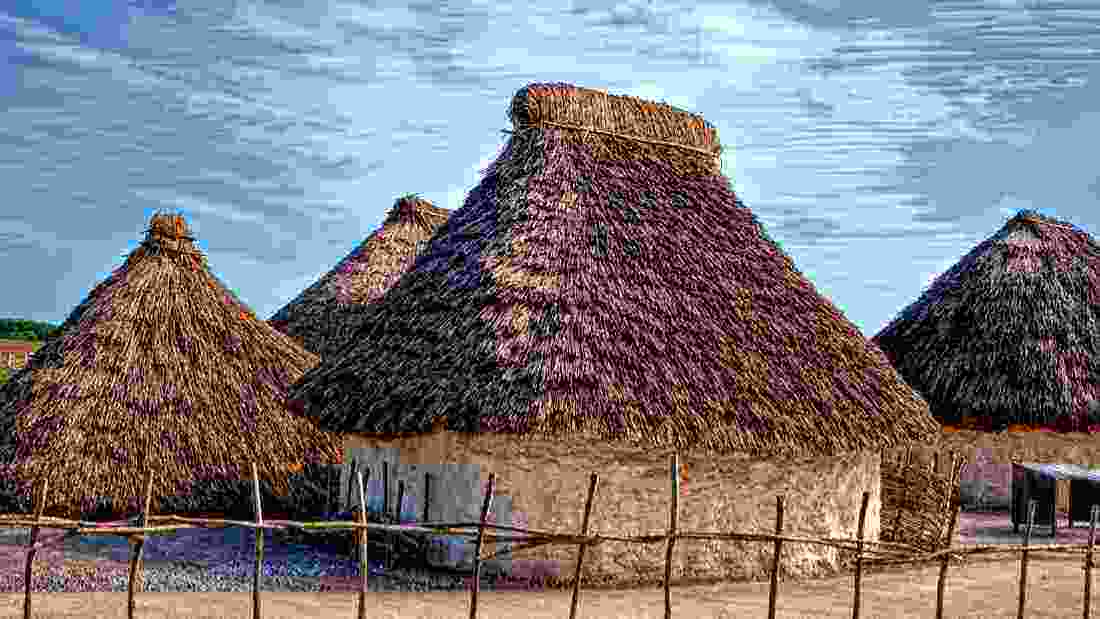The duolocal system of residence is a unique family structure that involves the husband and wife living apart from each other after marriage. In this system, the husband continues to live with his own family while the wife resides with her consanguine kinship group. This means that neither spouse changes their clan or kinship group upon getting married.
This type of residency is also referred to as “walking marriage” or “visiting marriage” because the husband and wife only come together during special occasions, such as festivals or holidays. In addition, they would meet in order to conceive children.
Duolocal Societies
Anthropologist Harumi Befu conducted an ethnography in Nagakiri, an area that comprises seven hamlets in central Japan. He found that in these hamlets the head of a clan married patrilocally, which means that his wife moved to live with his kinship group. However, all the other members of the family followed the duolocal system and continued to live with their own kin after marriage. This type of arrangement is known as patrilineal duolocality.
The Mosuo of Southwest China, on the other, are an example of matrilineal duolocality. The Mosuo live in strips of farmland surrounded by steep, forested hills that are unsuitable for farming, at the boundary of the provinces of Sichuan and Yunnan. Large matrilineal households made up of three generations of brothers, sisters, and matrilineal offspring, as well as a collective family farm, are the norm for Mosuo families.
Mosuo houses are large, centred around a sizable grandmother’s room where the grandchildren sleep as well as receive visitors. The grandmother takes care of the majority of the childcare needs as well as helping with farming and food preparation.
Male Mosuos are permitted to live with their mothers and sisters, who provide for them while they perform only minimal amounts of domestic or agricultural work. Many coresident breeding women help with childcare, home chores, and farm work in exchange for sharing all the household resources.
Related Terms:
Kinship – The relationships between people who are related by blood, marriage, or adoption.
Patrilocal Residence – A type of family system in which the husband and wife live with the husband’s kin.
Matrilocal Residence – A type of family system in which the husband and wife live with the wife’s kin.
Family System – A group of people who are related to each other by blood or marriage.
Separate Households – Two households that are occupied separately by a married couple.
Anthropology Glossary Terms starting with D
Disclosure: Please note that some of the links in this post are affiliate links. When you use one of my affiliate links, the company compensates me. At no additional cost to you, I’ll earn a commission, which helps me run this blog and keep my in-depth content free of charge for all my readers.


